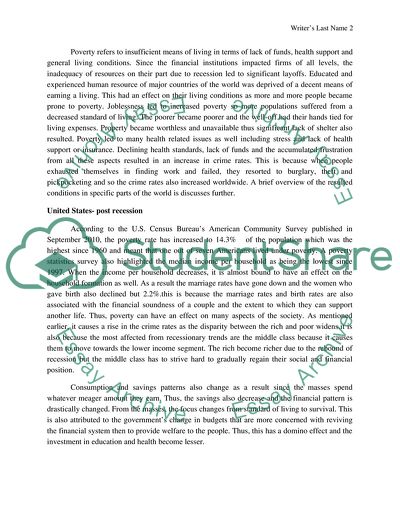Cite this document
(Micro economics Essay Example | Topics and Well Written Essays - 2000 words, n.d.)
Micro economics Essay Example | Topics and Well Written Essays - 2000 words. https://studentshare.org/macro-microeconomics/1813024-micro-economics
Micro economics Essay Example | Topics and Well Written Essays - 2000 words. https://studentshare.org/macro-microeconomics/1813024-micro-economics
(Micro Economics Essay Example | Topics and Well Written Essays - 2000 Words)
Micro Economics Essay Example | Topics and Well Written Essays - 2000 Words. https://studentshare.org/macro-microeconomics/1813024-micro-economics.
Micro Economics Essay Example | Topics and Well Written Essays - 2000 Words. https://studentshare.org/macro-microeconomics/1813024-micro-economics.
“Micro Economics Essay Example | Topics and Well Written Essays - 2000 Words”. https://studentshare.org/macro-microeconomics/1813024-micro-economics.


